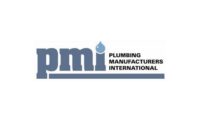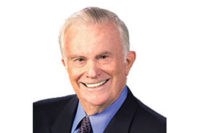In the December survey, 56% of CFOs are more optimistic about the economy, 29% are as optimistic as they were last quarter, and only 15% are less optimistic. In the September survey by comparison, less than one-third (31%) were more optimistic, and 37% were less optimistic.
Capital spending appears on the rise. Twelve percent of surveyed companies are now spending "ambitiously," compared to only 5% last quarter. While 11% are holding off completely on capital spending, that's an improvement over the prior quarter when 14% weren't spending at all. One-quarter (24%) are spending at normal levels, and another 54% are spending cautiously.
Among those companies that are now spending cautiously, 37% say they will return to normal spending in 2003 and another 44% say they will return to normal in 2004. Only 5% of respondents say that capital spending will remain below normal beyond 2004.
"U.S. corporations have been very conservative about capital spending over the past 18 months, contributing to the economic recession and slow recovery. The expected increase in capital spending bodes well for a healthy economy in 2003," said Dr. John Graham, finance professor at Fuqua and director of the survey. "The longer term outlook is even better," he noted.
On average, companies expect to increase capital spending an average of 4.8% in 2003. A year ago, CFOs expected an average capital spending decrease of 5% in 2002.
Corporations will continue to cut costs by keeping lean inventories: 31% of CFOs say that their firms will reduce inventories; however, on average, inventories will remain virtually flat, with an average reduction across all companies of only 1.0%. A year ago, inventories were expected to decrease by 3%. CFOs expect the prices of their products to increase by a bare 0.9% in the coming year. This slow rate of inflation corresponds to last quarter's expected quarterly increase of 0.3%.


